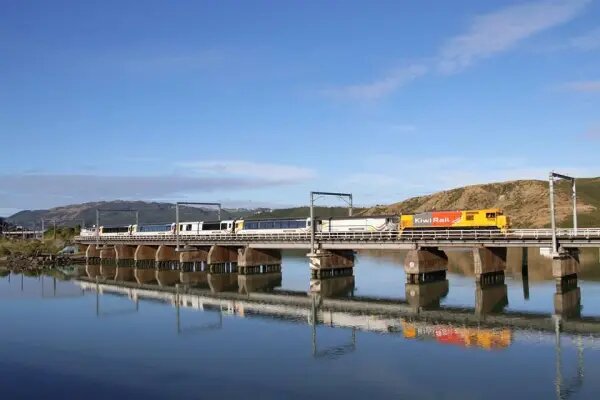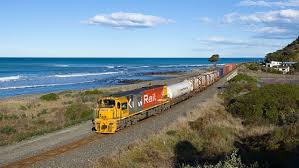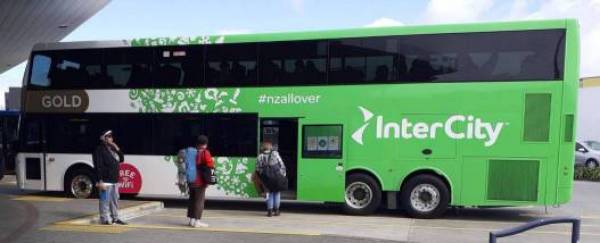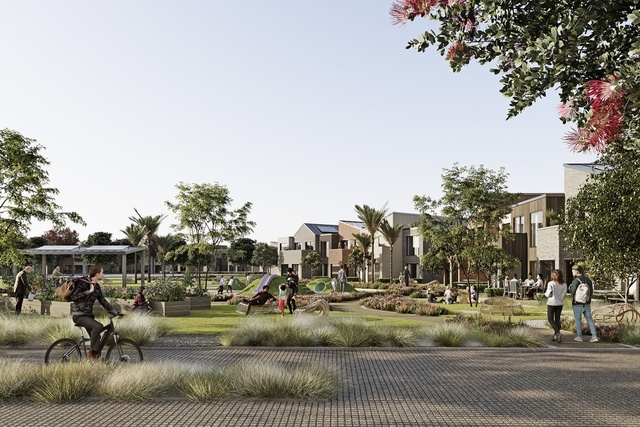The Rail Advocacy Collective (TRAC) is calling for an overhaul of public transport systems in New Zealand and the establishment of a national public transport authority. TRAC is disappointed that in the latest Emissions Reduction Plan announcement from the government, rail is not mentioned and public transport reference is vague with no reference to regional and long distance public transport.
National Coordinator of TRAC, Niall Robertson says, “The regions of New Zealand have a broken and fragmented way of delivering public transport which is dysfunctional and in urgent need of replacement”. Robertson is currently in the process of travelling the country and talking to local government bodies about their public transport organisation and also both rail passenger and freight services to their regions. Robertson has come to the conclusion that KiwiRail is currently unable to provide adequate rail services to many customers and many regions and does not offer or have any interest in offering much in the way of long distance public transport.
Guy Wellwood Chair of The Rail Advcacy Collective says, “The tail is wagging the dog. Local governments have to beg KiwiRail to provide decent services for their region, but KiwiRail is directed to prioritise profits ahead of service to rail customers and provision of public transport for the people of New Zealand”.
All regions have examples of the decline or demise of their own public transport systems. In Palmerston North in 1991 there were 450,000 urban bus trips. After the restructuring of funding public transport by the then government there were just 50,000 trips by 1992.
The city of Whanganui has an Intercity bus service which can take over 4 hours to get to Wellington as it goes via Palmerston North. The previous Railways Road Service bus used to travel via Foxton and was much quicker.
Gisborne had a daily train to Wellington and Napier had a twice daily service. Currently, the Waikato cannot get the new intercity Te Huia train to go to either Britomart or Newmarket, which is where its customers are trying to get to, due to regional parochialism. These stories are common throughout the regions of New Zealand.
Robertson says that it is time to recalibrate how we organise travel throughout the country and how we can offer more equity, safety and environmental benefits in the way we offer public transport services. We also need more coordinated systems so that there is a single, simple and common way to pay for travel, and that services tend to connect better with each other.
Wellwood says, “...the current structure of travel around New Zealand, especially in the regions and many remote communities, has not taken into consideration the old, the young, the disabled and those on lower incomes”.
The Rail Advocacy Collective is, therefore, calling for a national public transport authority to design, coordinate and organise funding for a functional connected public transport system which provides regional equity as well as social equity while solving a lot of environmental problems as well.
Press release dated 17 May 22. Authorized by Guy Wellwood Chair, The Railway Advocacy Collective (TRAC)
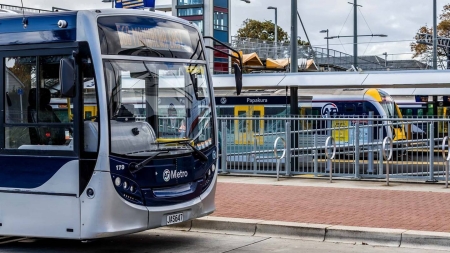
Broken Public Transport System
Published on 17/05/2022 at 5:47 pm.
